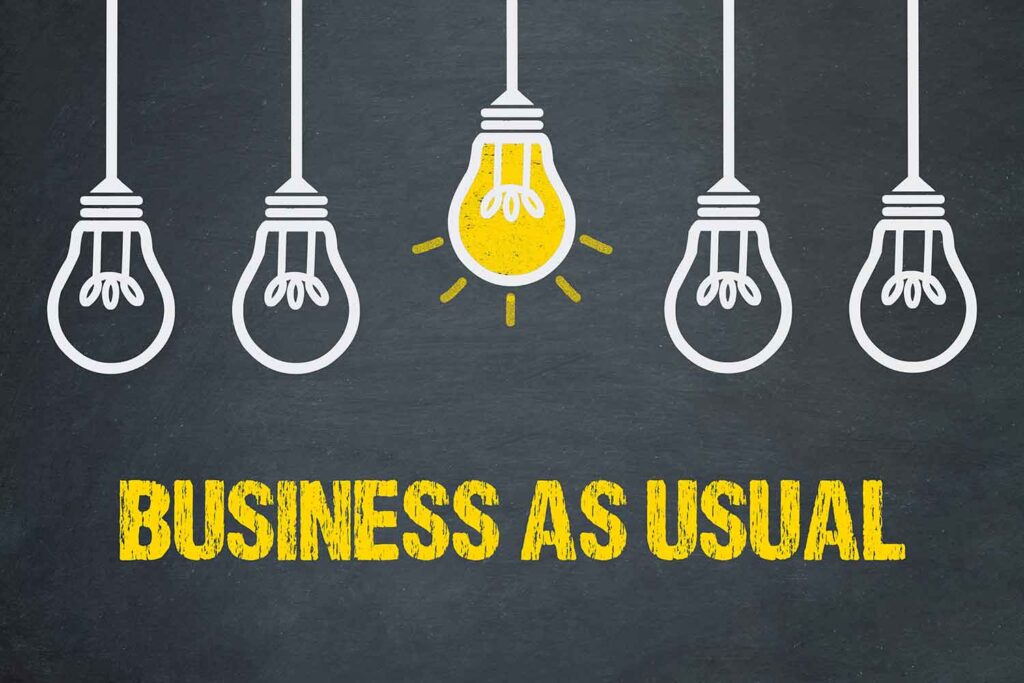We all need a little structure in our lives. After all, routines help you create positive, healthy, new habits that’ll help you achieve and maintain a healthy, balanced life in recovery. When our bodies are set to a routine, everything falls into place: sleeping, eating, exercising. We feel our best, mentally and physically, and perform our best.
Of course, when we’re stuck at home in isolation, it’s hard to find the motivation to stick with a set routine.
Here are a few reminders of why maintaining a routine really matters right now:
Keeps us efficient
Having a routine can strengthen and enhance your recovery, because it helps you prioritize your recovery efforts. You’ll store up on healthy habits and cut back on unpredictability – which can be dangerous if you’re early in your recovery. Having a routine to follow gets rid of the need to plan out the day’s activities every morning, taking out the guesswork. This way, when you wake up, you can focus on “doing” not “planning.” Your day is already waiting for you!
Promotes good habits
Recovery is all about creating and keeping good, healthy habits. And, like most things in life, practice makes perfect! When you create your own personal routine, it enables good habits by encouraging you to do the same tasks each day. These habits will nurture your recovery goals and aspirations – the more you do them, the more natural they’ll become.
Supports proficiency
Think about the last skill you were able to master. Was it running? Cooking? Gardening? Whatever the skill may be, think about when you first started. Odds are, you weren’t nearly as good as this skill then as you are now. But, because you have done the task over and over and over again, you’ve sharpened your skills. When you stick with a routine, you get better at doing certain things – because you’re now doing them on a regular basis. You’ll find new ways to sharpen these skills, too.
Helps us prioritize
When you carefully construct a personal routine and follow it, it gives you time to get your most important things done first – meditation, a meeting, meeting with your sponsor, etc. With a routine, the likelihood of forgetfulness or neglect is slim, because these important tasks have been prearranged. You’ll wake up and know what’s important, what’s worth your time, and where to avoid spending frivolous energy.
Decreases the need for willpower
Think about a few things you do on a daily basis. You probably don’t need much determination to brush your teeth in the morning or get dressed. Because brushing your teeth is a part of your everyday ritual, you don’t have to use much willpower to do – it just happens. The same can be true for other tasks you add to your routine.
Reduces stress
If there’s one big lesson that sticks out in recovery, it’s that there is much that isn’t in our control. But one thing you can influence is your stress level. Sticking with a routine can reduce stress because your thoughts aren’t consumed by what needs to get done – you’re already working through your list and focusing on action, on getting things done.







